#Taiji Tonoyama
Text
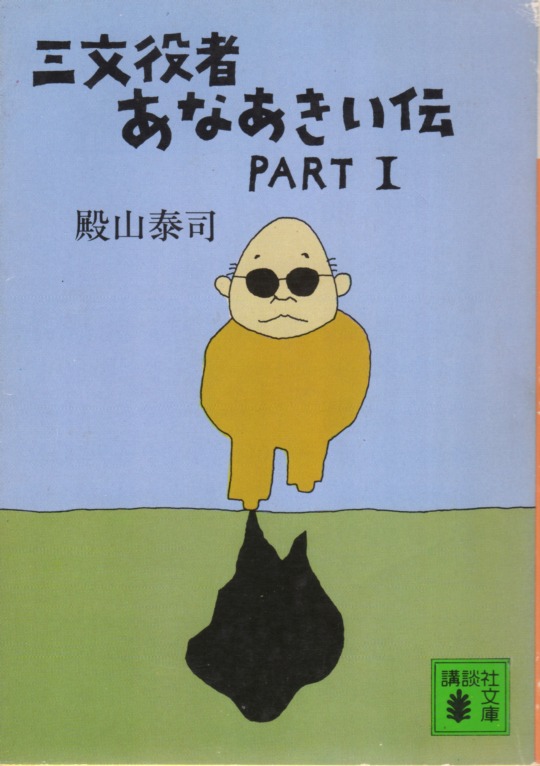
三文役者あなあきい伝 PART 1 殿山泰司
講談社文庫
カバー装画=和田誠
#三文役者あなあきい伝 PART 1#三文役者あなあきい伝#taiji tonoyama#殿山泰司#makoto wada#和田誠#講談社文庫#anamon#古本屋あなもん#あなもん#book cover
45 notes
·
View notes
Text
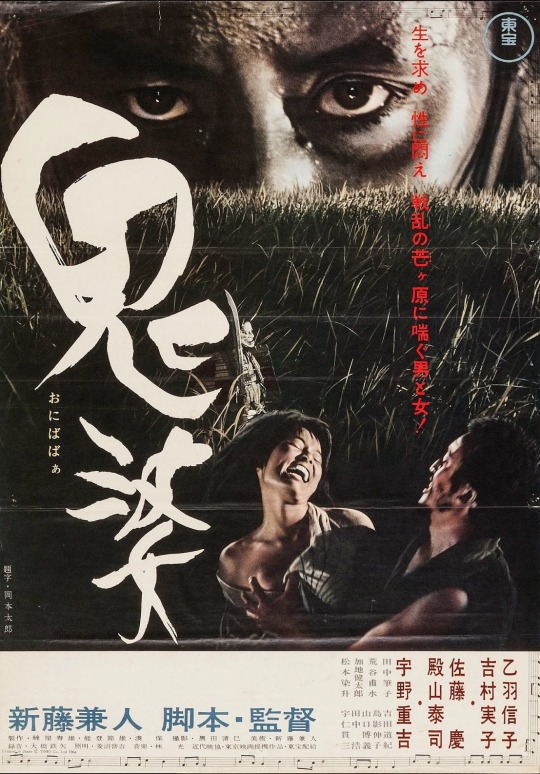
1 note
·
View note
Text
1989 - Taiji Tonoyama Date of Death

Taiji Tonoyama (殿山 泰司, Tonoyama Taiji, October 17, 1915 – April 30, 1989) was a Japanese character actor and essayist .
0 notes
Text
Onibaba (1964)

Watching older, classic films - particularly foreign ones - is a unique experience. Many of the conventions from today’s cinema are in their infancy so you often see something old that feels new because the mold hadn’t been finalized yet. In its own, possibly unintended way, 1964’s Onibaba keeps you guessing. It feels like a horror movie but plays out as a drama. Deeply rooted in Japanese culture, I had no idea how the film was going to end.
Set somewhere in feudal Japan while unnamed lords wage a civil war, an older woman (Nobuko Otowa) and her daughter-in-law (Jitsuko Yoshimura) hide in the endless field of tall grass. Stray warriors pass are murdered so the women can take their gear and make ends meet by selling it. When their neighbour, Hachi (Kei Satō) returns from the war, his presence creates a growing rift between the two scavengers.
Most of the characters in Onibaba are unnamed, further giving it a folk tale-like quality. You think you’re following a story about simple archetypes, a basic moral passed down through the ages when suddenly, characters will reveal something unexpected about themselves. This is probably going to be a morality tale - in the end, most horror stories are - but how is this a horror story? By showing you how cheap people's lives are. The women barely make a living stealing weapons and armor from people, human beings they had to kill. It fills you with dread thinking about how little they get for such a heinous crime done so regularly. The women are essentially cannibals, killing men at spearpoint to survive. It’s disturbing but is this what the title’s translation of “demon woman” translates to? It can’t be. “Woman” is singular so it must be that at some point, one of the two women will do something particularly evil… but which one?
The black-and-white photography adds much to this film. Had it been in colour, the fields of grass would make this whole movie green. It would feel vivid and alive. As is, it feels gloomy. The endless vegetation swaying in the wind reminds you of water. These two women are in purgatory and plagued by hunger. There’s got to be a way to escape but the only escape we see is this massive, gaping hole near their home. Its presence mimics the characters in the film, who are always hungry and never satisfied. You just know someone will eventually fall in, but when? What kind of hell awaits them at the bottom?
While Onibaba moves slowly towards an uncertain direction at first, stay with it. Just as you think you’ve got its story figured out, you learn a new detail about the old woman, or the daughter-in-law does something that sends ripples through their world and makes you forget your previous expectations. Now it's an erotic horror film, a drama, and a folk tale. It’s all sorts of things blended together and its artistic presentation makes it feel simultaneously classic and brand-new. (Original Japanese with English Subtitles, October 25, 2019)

#Onibaba#movies#films#movie reviews#film reviews#Kaneto Shindo#Nobuko Otowa#Jitsuko Yoshimura#Kei Sato#Taiji Tonoyama#1964 movies#1964 films
1 note
·
View note
Photo
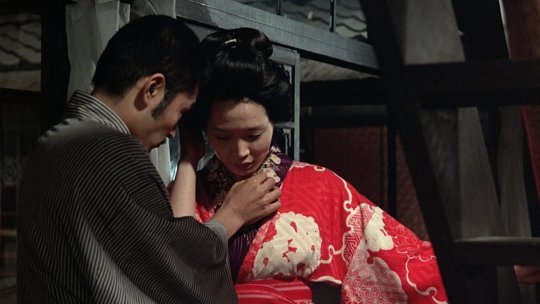
Tatsuya Fuji and Eiko Matsuda in In the Realm of the Senses (Nagisa Oshima, 1976)
Cast: Eiko Matsuda, Tatsuya Fuji, Aoi Nakajima, Yasuko Matsui, Maika Seri, Kanae Kobayashi, Taiji Tonoyama, Kyoji Kokonoe, Naomi Shiraishi, Homikichi Hori. Screenplay: Nagisa Oshima. Cinematography: Hideo Ito. Production design: Shigemasa Toda. Film editing: Patrick Sauvion, Keiichi Uraoka. Music: Minoru Miki.
Even almost four decades later, In the Realm of the Senses still has the power to shock, and not just because of the full nudity and unsimulated copulation -- we've all seen pornography in some form. It's that we've never seen them used in service of story, characterization, and theme as well as they are in this film. It's based on an actual incident that took place in Japan in 1936: Sada Abe killed her lover, Kichizo Ishida, during an experiment in erotic asphyxiation, then cut off his genitals and carried them with her for three days until she was arrested. Fascinated by this story, and by producer Anatole Dauman's suggestion that they should make a pornographic film, Nagisa Oshima wrote the screenplay and set about putting together a cast and crew. The lead actors, Tatsuya Fuji as Kichizo and Eiko Matsuda as Sada, are extraordinary, transcending the mere shock value of their physical encounters with their commitment to illuminating the motives and the inner life of the couple. They give as complete a portrait of sexual obsession as we're ever likely to encounter in a movie. Oshima doesn't skimp on portraying the excesses of their passion: Sada persuades Kichizo to have sex with the 68-year-old geisha who comes to serenade them -- he is somewhat disgusted, but she is aroused when he does. The maids who tend to their room complain that it smells -- "We like it that way," Sada replies -- and the older man with whom Sada has been having sex to get money to support the lovers ends their relationship by saying she smells like a dead rat. Oshima portrays them as symbolic rebels against the militarism of 1930s Japan -- making love not war, if you will -- in a scene in which Kichizo, returning to Sada, passes marching troops being cheered by flag-waving schoolchildren. The real Sada was tried for his murder and mutilation, but served only five years in prison and became something of a folk legend in Japan, living on until the 1970s. A French and Japanese co-production, In the Realm of the Senses was filmed in Japan, but the footage had to be developed in France to avoid prosecution, and it has never been released in Japan without cuts or strategic blurring of its sex scenes. It's possible to admire the skill with which the film was made, while also unable to shake the sense of being exploited by it.
22 notes
·
View notes
Text
Review "The Naked Island" ("Hadaka no shima")
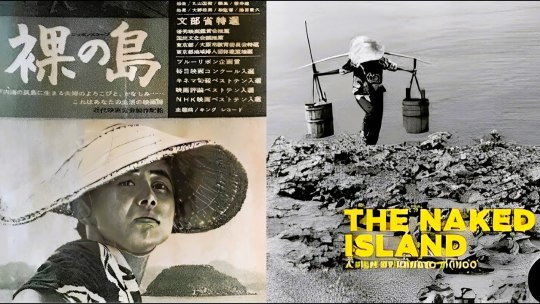
I watched "The Naked Island" directed by Kaneto Shindô. The main actors are Nobuko Otowa as Toyo, the mother,
Taiji Tonoyama as Senta, the father, Shinji Tanaka as Tarô - the elder son, and Masanori Horimoto as Jirô - the younger son. These four make up a family that grows sweet potatoes on an island not far from the mainland (well, I assume it is one of the major islands of the Japanese chain of islands). This island has no water for drinking. It sits in the inland sea. Every day the parents make at least two trips to the mainland to get buckets of water to bring back to the island. Each of them, together or individually, carries up two large buckets that sit on a piece of wood that rests on their shoulder. They have to carry the water-filled buckets up a narrow path which goes up a very tall hill to where they live and cultivate plants . This does not look like an easy task. . It is almost a Sisyphean task. They do reach the top but they have to do it over and over again every day. There are some side characters. The younger son goes to school on the mainland. There is a teacher and a classroom of kids. Later there appears a priest. One thing of note for this film is that there is no dialogue. None. There is background music which is repeated throughout the movie. It is pleasant at first but you begin to wonder about it as it gets repeated day after day. There is also some singing by the school children once, I believe. So actually the names of the two boys may be in the script but you never hear their names. One does wonder why they don't have a cistern system to catch rain when it does rain or some mechanical device or conveyance to get the water up the hill. No reason is given. The movie goes through four seasons and you see some of their daily activities, although the main activity relates to the growing, harvesting and use of the sweet potatoes and of some type of grain and other normal daily activities including caring for some animals they have, meals, etc. This film is in black and white. The setting is really quite lovely. The viewer sees the acceptance by the family of their life. I believe this is set just after WWII and I think everyone has difficult times and this certainly illustrates that. I enjoyed the film although it is somewhat depressing seeing them go through these same days and hardships, day after day. Occasionally the boys play and laugh. Occasionally the mother and father have smiles on their faces, watching the boys, at the end of the day, taking a hot bath, etc. They do have some outings to the mainland which obviously are entertaining. This is a marvelous film. There is only one angry scene in the film when the mother spills one of her two buckets of water. The father walks a few steps down (they are in the middle of their cultivated area), looks at her and slaps her. It is more of a slap about her wasting water than in true anger. She doesn't really react. She accepts this. One is lead to believe she understands this and doesn't really have a problem with it. There is also a sad portion of the movie but I won't detail that here.
Although one might think that the two adults are actually farmers, they are both actors and are in many movies. In real life Shindô, the director, later married Nobuko Otowa, the mother in the film. Interestingly enough both Nobuko Otowa, who died first in real life, and later Shindô both had their ashes scattered on this island. There were many years and many films between this film and their deaths.
This film won numerous awards including the Grand Prix at the Moscow International Film Festival. In the classic films list, They Shoot Pictures Don't They, this film is number 876.
The release I watched is from Criterion and the print is excellent. There is a lot of supplemental material which I will watch today and over the next few days.
1 note
·
View note
Photo
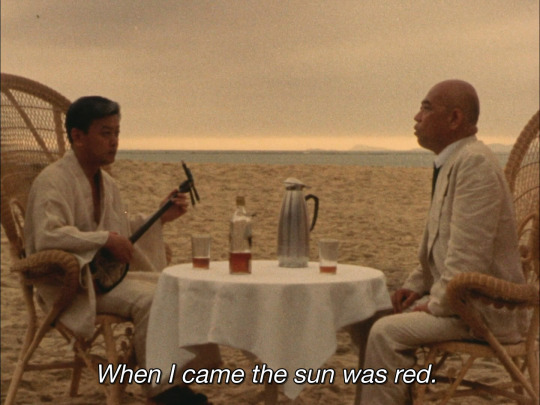

Nagisa Oshima
- Dear Summer Sister
1972
#nagisa oshima#nagisa Ōshima#dear summer sister#大島渚#夏の妹#Natsu no Imōto#殿山泰司#戸浦六宏#rokko toura#taiji tonoyama#japanese film#1972#sozosha#創造社#atg#art theatre guild
52 notes
·
View notes
Text

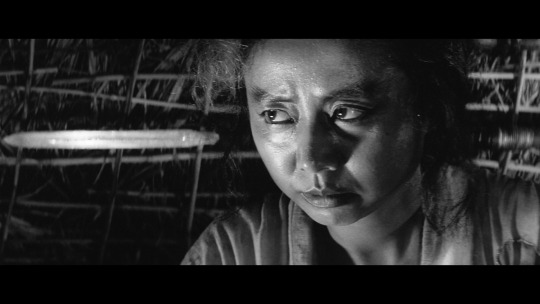
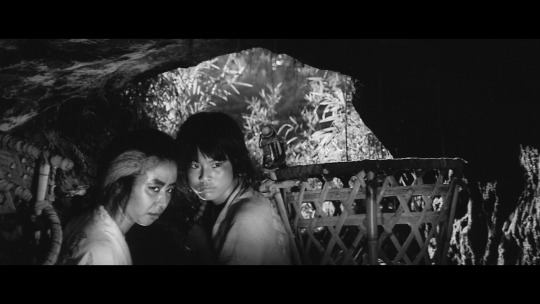
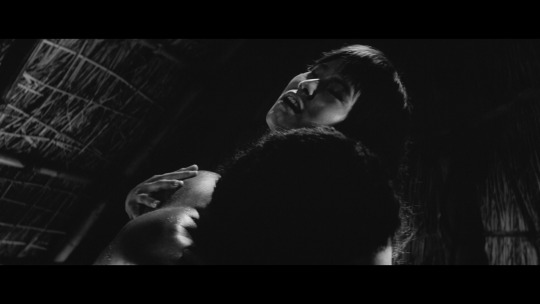






ONIBABA 鬼婆 (1964)
CRITERION COLLECTION Blu-ray 2021
#鬼婆#onibaba#Demon Hag#kaneto shindo#horror#drama#nobuko otowa#乙羽 信子#Jitsuko Yoshimura#吉村実子#Kei Satō#佐藤 慶#Taiji Tonoyama#殿山 泰司#Jukichi Uno#宇野重吉#新藤 兼人#blu-ray#physical media#criterion collection#film#movie#gallery#japan
61 notes
·
View notes
Photo

Recommendation of the week: Onibaba (1964)
Dir.: Kaneto Shindô
Cast.: Nobuko Otowa, Jitsuko Yoshimura, Kei Sato, Taiji Tonoyama, Jûkichi Uno.
Genre: Terror
Plot: In the Fourteenth Century, during a civil war in Japan, a middle-aged woman and her daughter-in-law survive in a hut in a field of reed killing warriors and soldiers to trade their possessions for food.
Filmphilics score: 8/10
🎃 Halloween is coming... 🧟♀️
#onibaba#kaneto shindo#nobuko otowa#jitsuko yoshimura#kei sato#taiji tonoyama#jukichi uno#terror#terror films#terror movie#cult movies#cult film#cult cinema#cinema#film#movie
31 notes
·
View notes
Photo




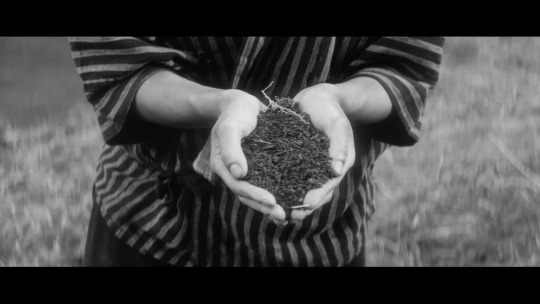
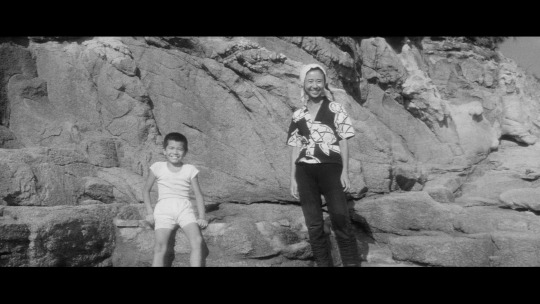
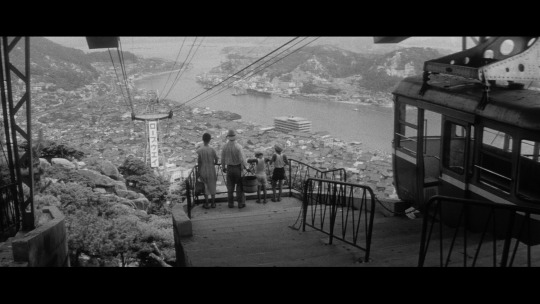
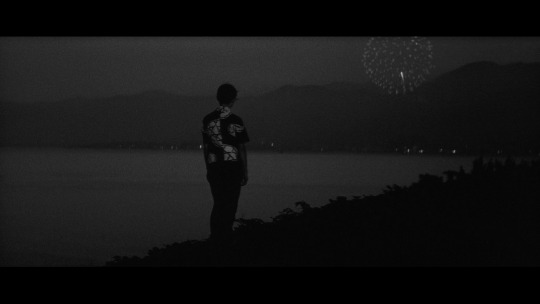
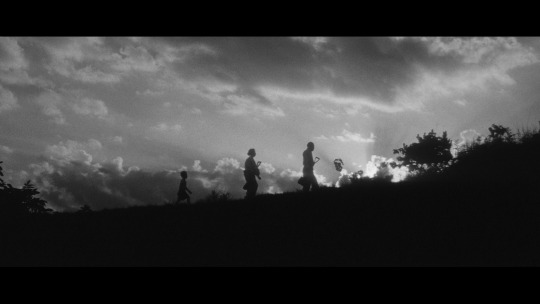
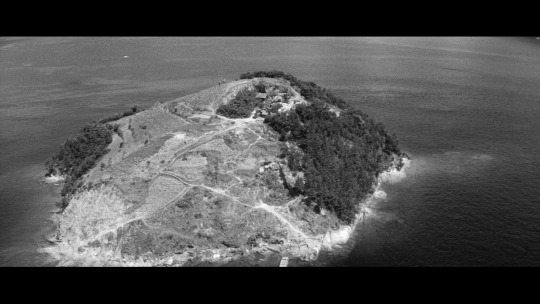
Hadaka no shima, 1960
Dir. Kaneto Shindô
17 notes
·
View notes
Photo

三文役者の無責任放言録 殿山泰司
ちくま文庫
カバーデザイン=南伸坊
11 notes
·
View notes
Photo
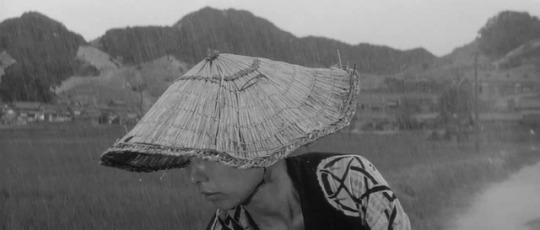


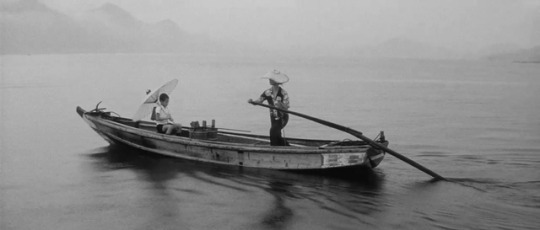
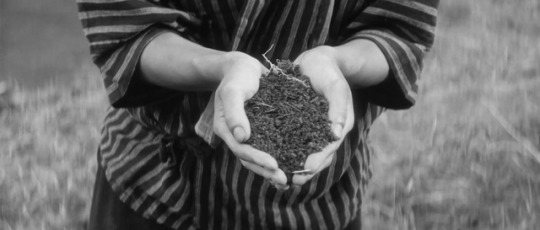

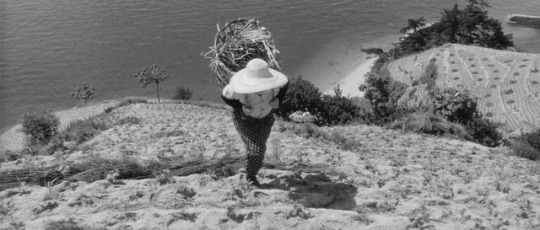

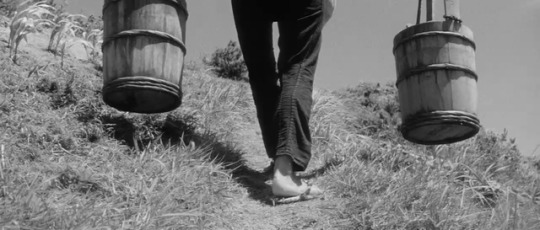

Films watched in 2019.
#153: The Naked Island (Kaneto Shindō, 1960)
★★★★★★★☆☆☆
#Films watched in 2019#the naked island#kaneto shindo#shindo#Kaneto Shindō#Shindō#siete#black and white#nature#1960#Hadaka no shima#Taiji Tonoyama#Nobuko Otowa#Shinji Tanaka#Masanori Horimoto#drama#family#poverty
240 notes
·
View notes
Photo
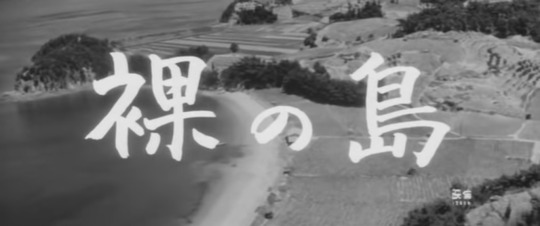
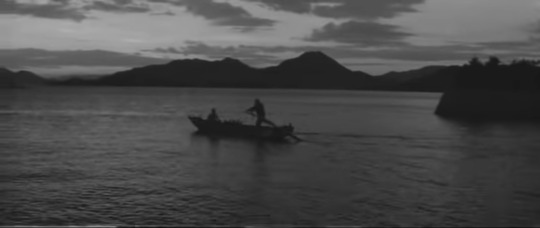

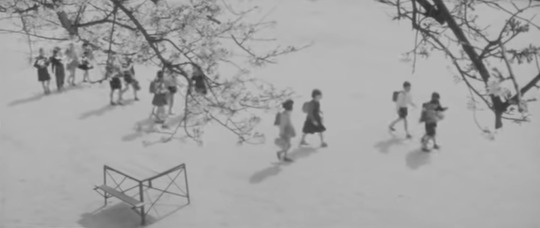
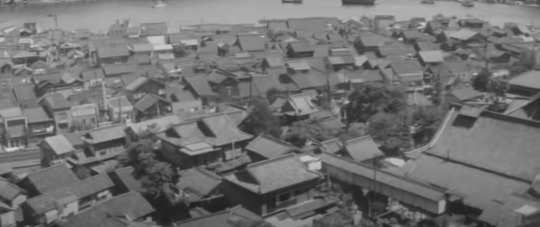
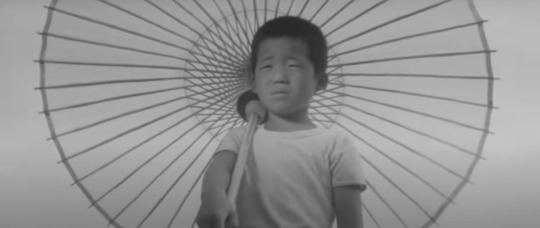

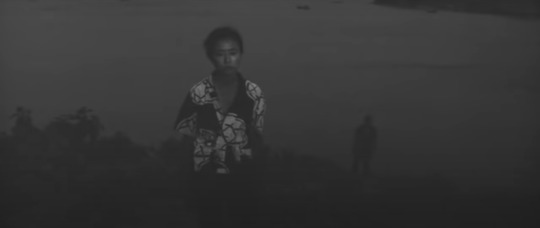
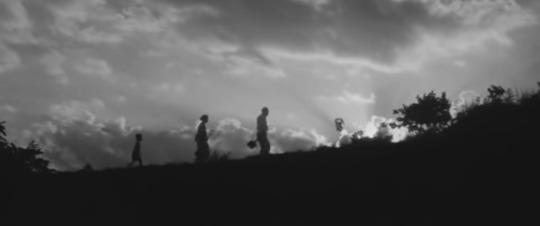
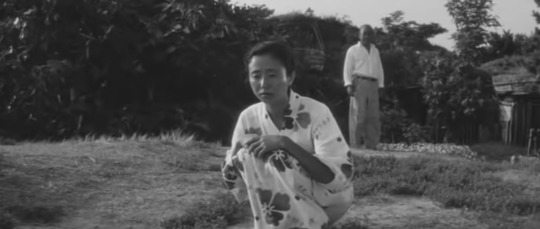
The Naked Island (1960)
2 notes
·
View notes
Photo



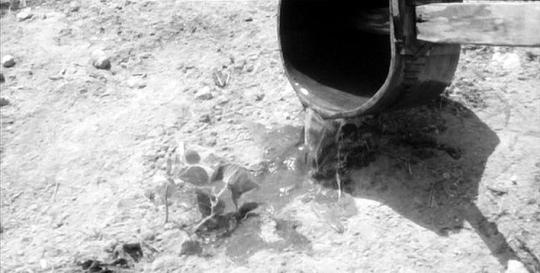

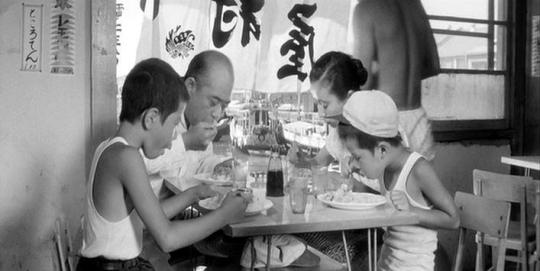
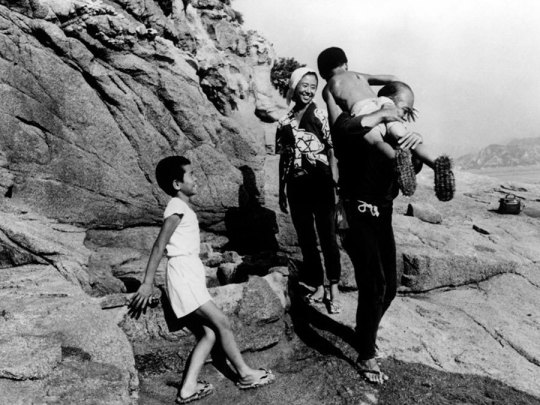
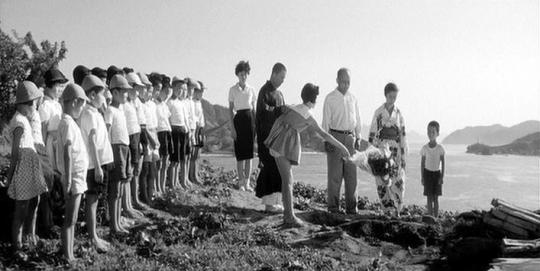
1960年映画「裸の島」THE NAKED ISLAND
監督・脚本・美術:新藤兼人 主演:乙羽信子、殿山泰司
台詞を排した実験的作品で1961年モスクワ国際映画祭グランプリ、その他多数の国際映画賞を受賞。
上映国は60ヶ国以上。
経営上、崖っぷちに立たされていた近代映画協会が最後の作品の予定で瀬戸内海の宿禰島でわずかな予算と数名のキャストとスタッフでロケを敢行。
孤島でしか生きることのできないひとつの家族が、さまざまな葛藤や悲しみと戦いながら自給自足で生活する姿が描かれています。
近代映画協会はこの映画の成功によって解散を免れました。
21 notes
·
View notes
Text

Mayumi Ogawa and Ken Ogata in Vengeance Is Mine (Shohei Imamura, 1979)
Cast: Ken Ogata, Rentaro Mikuni, Mitsuko Baisho, Mayumi Ogawa, Nijiko Kiyokawa, Chocho Miyako, Taiji Tonoyama, Goro Tarumi, Yoshi Kato, Toshie Negishi. Screenplay: Masaru Baba, based on a novel by Ryuzo Saki. Cinematography: Shinsaku Himeda. Production design: Akiyoshi Satani. Film editing: Keiichi Uraoka. Music: Shinichiro Ikebe.
It might have been called Vengeance Without a Cause for all Shohei Imamura's film tells us about what drove Iwao Enokizu (Ken Ogata), a character based on the real-life con man and serial killer Akira Nishiguchi, to his criminal excesses. We are left to see them as the product of societal decay in postwar Japan, or perhaps as something in the air -- as the strikingly fantastic end of the film seems to suggest. It's a film with all the repellent fascination of a rattlesnake, and Imamura is intent on holding the viewer's gaze on the crimes. Nothing escapes Imamura's scathing treatment: not motherhood, not the police, not religion, and certainly not Japan's prewar history, which is touched on in a scene that a lesser filmmaker might have used as a source for Enokizu's disorder: His father is forced to submit to an imperial soldier as the boy Iwao looks on in disgust. Ogata is attractively repellent as the adult Enokizu, and Rentaro Mikuni portrays the father as a man who hides his moral cowardice behind a façade of devout Catholicism. There are daring performances by Mitsuko Baisho as Iwao's wife, erotically fascinated by her husband's father, by Mayumi Ogawa as the manager of a sleazy inn who gets fatally ensnared by Enokizu, and by Nijiko Kiyokawa as her grasping, voyeuristic mother. It's part crime film and part horror movie.
2 notes
·
View notes